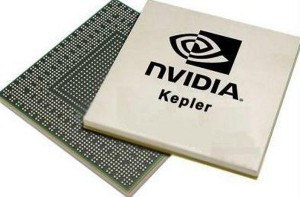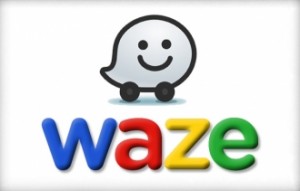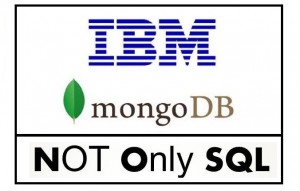GPU Licenses from Nvidia
Ajit Deshpande - June 25, 2013 - 0 Comments
 Last week, leading GPU developer Nvidia announced that it planned to start licensing its Kepler GPU technology to other chip designers for use in tablets, smartphones and other new form-factors. The Kepler architecture is currently part of Nvidia’s GeForce 600 GPU, with plans for its incorporation into the company’s next-gen Tegra 5 ARM-based SoC which is expected to be released in 2014. The company’s latest SoC is the Tegra 4, which was introduced earlier this year and has yet to be designed into any major devices. The previous generation, Tegra 3, has so far been incorporated into the Google Nexus 7 and Microsoft Surface RT tablets, and into the HTC One X, none of which are market leading devices.
Last week, leading GPU developer Nvidia announced that it planned to start licensing its Kepler GPU technology to other chip designers for use in tablets, smartphones and other new form-factors. The Kepler architecture is currently part of Nvidia’s GeForce 600 GPU, with plans for its incorporation into the company’s next-gen Tegra 5 ARM-based SoC which is expected to be released in 2014. The company’s latest SoC is the Tegra 4, which was introduced earlier this year and has yet to be designed into any major devices. The previous generation, Tegra 3, has so far been incorporated into the Google Nexus 7 and Microsoft Surface RT tablets, and into the HTC One X, none of which are market leading devices.
This is quite an interesting development, another example of ‘unbundling’ driven by market forces. As mobile form-factors continue to evolve (from the various tablet and smartphone models that have been introduced, many of them using Android and ARM), it becomes more and more difficult to have a single SoC that can fit into all these devices. Device manufacturers with the largest device sales volumes – Apple and Samsung – are developing their own SoCs, and, like Nvidia has probably realized from Nexus 7 and Surface RT, the rest of the market may be too fragmented from a distribution standpoint. So, as competition with Qualcomm’s Snapdragon, Intel’s Atom and ARM’s Mali GPU intensifies, Nvidia, with its smaller war chest, has taken the smart step of going the licensing way. This allows it to focus on its strongest asset – the design prowess of its development team – while enabling contract manufacturers to undercut the GPU SoC market on the back of Nvidia’s technology leadership.
So what’s the end game for a company like Nvidia assuming it goes further along the licensing path? With ARM around, it might be difficult for the company to build a stand-alone licensing empire over the long run, so the long-term outcome should be an acquisition by one of the big players: Apple, Samsung, Intel, Qualcomm or ARM. But until then, we might have Nvidia, the company that is working to distill itself to its essence, the company that is using its work-force for what it is best at. Like a start-up, perhaps?


